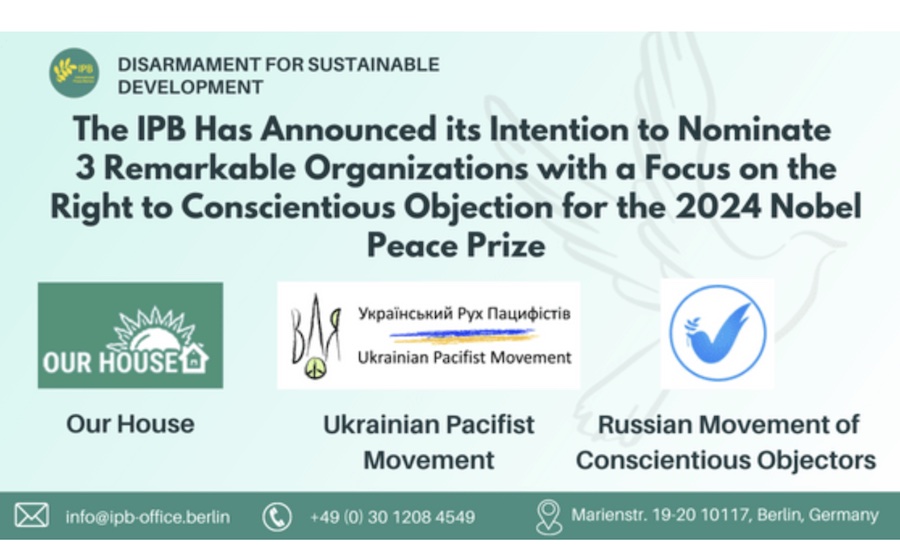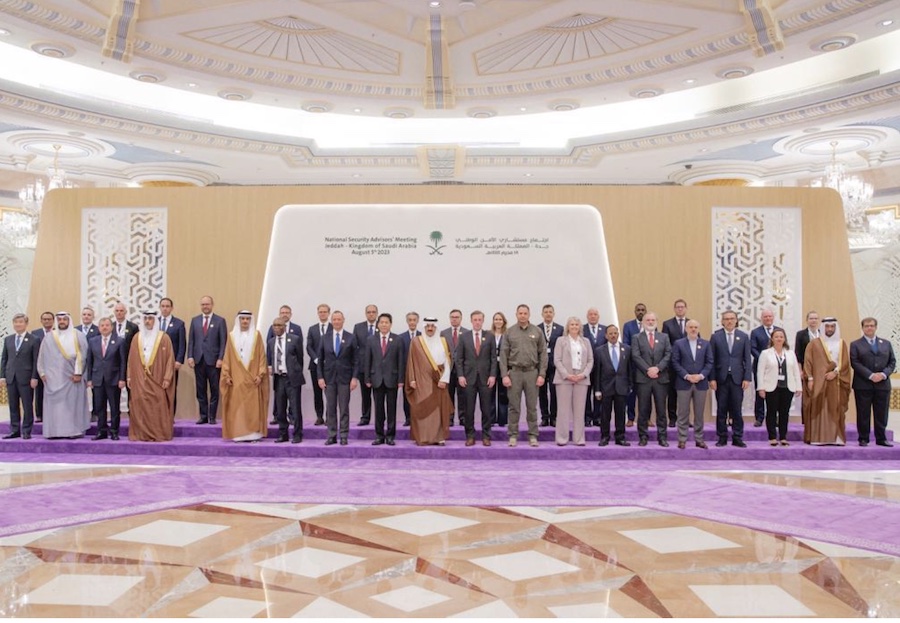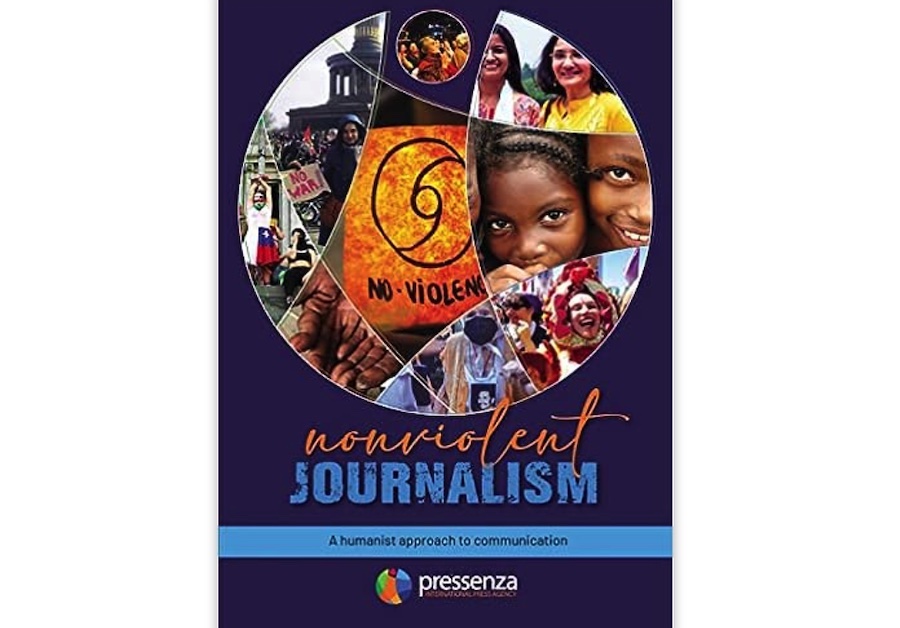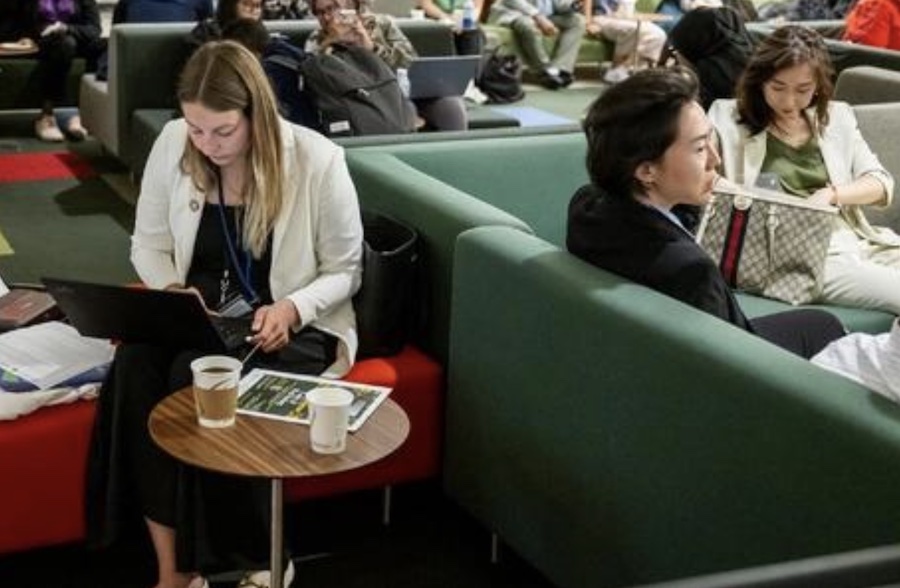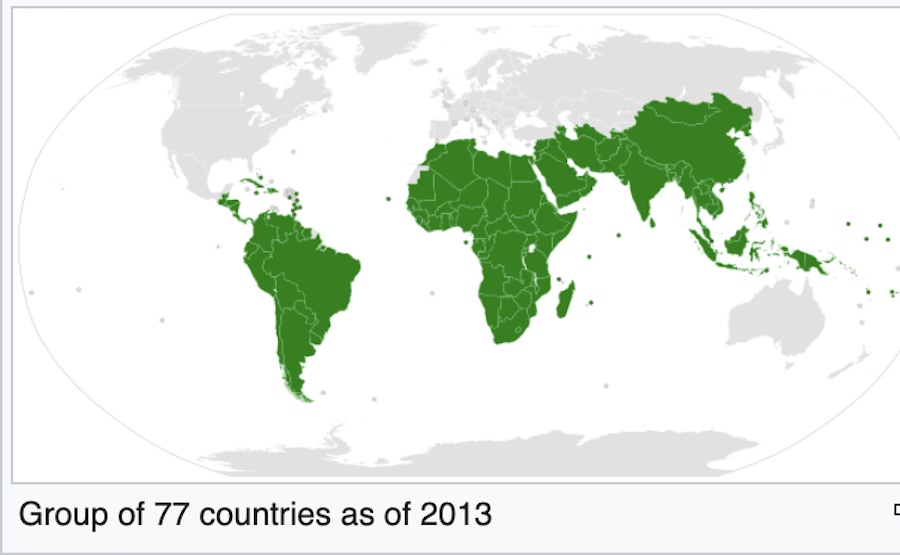TOLERANCE & SOLIDARITY .
An article from the BDS Movement
Today marks 18 years since the historic call from the largest Palestinian coalition to boycott, divest from, and sanction Israel’s regime of military occupation, settler-colonialism and apartheid (BDS). On this anniversary we acknowledge the many dark days that have cast a shadow over our hearts. This year alone, Palestinians everywhere have faced escalating Israeli massacres, atrocities, siege, pogroms, airstrikes and unmasked genocidal calls. As painful and devastating as they are, these are also signs of the darkest hour of this 75-year-old regime of oppression and of the nearing light of liberation.

From Jerusalem to Gaza, from Masafer Yatta to Jenin, from an-Naqab to the Galilee, and across our refugee camps in Palestine and in exile, we resist the colonization of our land and the forcible displacement of our people, just as we resist their attempts to colonize our minds with horror and hopelessness.
With our popular resistance in its many diverse forms, we are steadfast, we resist, and we insist on our full “menu of rights”.
BDS supports Palestinians to continue to endure and resist the darkness of settler-colonialism and apartheid until we reach the light of freedom, justice and dignity. The nonviolent, anti-racist BDS movement is now supported by mass movements struggling for racial, social, Indigenous, economic, climate and gender justice representing tens of millions of people worldwide, as well as by dozens of progressive Jewish groups.
International figures including Nobel laureates Archbishop Desmond Tutu, Annie Ernaux, Charles P. Smith, Mairead Maguire, Adolfo Peres Esquivel, Jody Williams, Rigoberta Menchú and Betty Williams, and influential authors including Naomi Klein, Stéphane Hessel, Judith Butler, among many others, have endorsed BDS, military embargo on Israel, or other BDS-related accountability measures in solidarity with Palestinian rights.
To mark the BDS movement’s 18th anniversary, we are highlighting its indispensable role in bringing about an unprecedented narrative shift around Palestine and the Palestinian people’s inalienable rights, and we are sampling the most significant moments (outside the Arab world) of BDS-related impact in advancing accountability and fighting state, corporate and institutional complicity worldwide.
APARTHEID-FREE POLICIES
2023: The unified Palestinian Anti-Apartheid Call is issued by the Anti-Apartheid Department of the PLO, the BDS movement, the Palestinian Human Rights Organizations Council (PHROC), the Palestinian NGO Network (PNGO), and the Palestinian Ministry of Justice, calling for establishing a “Global Front to Dismantle Israel’s Regime of Settler-Colonialism and Apartheid.”
2020 – 2023: 10 ex-Presidents and 700+ MPs, eminent personalities and civil society leaders from the Global South respond to the Palestinian call against Israel’s apartheid by urging the UN to investigate Israeli apartheid, re-activate the UN Special Committee Against Apartheid and to impose sanctions. Since then, led by South Africa and Namibia, a growing number of states have acknowledged Israel’s apartheid, and civil society across the globe is pushing for UN action now.
2023: Cities around the world cut ties with Israel’s regime of occupation and apartheid, including Barcelona, Liège, Verviers, Oslo, and Belem.
2023: Apartheid-Free Communities is launched, convened by the American Friends Service Committee (AFSC), endorsed by tens of faith and other communities in North America pledging “to step away from any and all support to Israeli apartheid, occupation, and settler colonialism.”
2016 – 2023: Thousands of social clubs, restaurants, stores, offices, student unions, city councils and organizations around the world declare themselves Apartheid Free Zones.
2021 – 2022: Amnesty International (2022), Human Rights Watch, B’Tselem (2021), and Al-Haq (2022) release groundbreaking reports concluding Israel is perpetrating the crime against humanity of apartheid over the Palestinian people.
STATE-LEVEL ACCOUNTABILITY & SANCTIONS
2023: South Africa’s parliament votes for downgrading diplomatic relations with Israel. Minister of International Relations & Cooperation Naledi Pandor calls on the International Criminal Court to issue arrest warrants for the “leaders of apartheid Israel” who are responsible for “the massacre of the people of Palestine.”
2023: The European Parliament PEGA Committee recognizes that spyware originates from Israel and is illegally tested on Palestinians, becoming the first official EU body to recognize that military ties with Israel pose a significant risk to human rights and to call for restricting it. This comes after sustained pressure from the BDS movement’s #BanSpyware campaign, including a recent Global Day of Action against spyware, with over 3.4 million people worldwide calling to ban spyware.
2022 – 2023: Following a year long European Citizens Initiative (ECI) to ban settlement trade, the European Committee on Petition (PETI) decides unanimously that the European Commission must respond to our demand to stop trade with illegal settlements.
2020: In a major legal win for BDS, the European Court of Human Rights (ECHR) rules unanimously that the French highest court’s 2015 repressive conviction of BDS activists nonviolently advocating for Israel boycotts violates article 10 (freedom of expression) of the European Convention on Human Rights.
2016: EU High Representative, Federica Mogherini, affirms the #RightToBDS in the EU region, following grassroots campaigns and letters signed by 350+ human rights organizations and 30 MEPs. The same year, the Netherlands rejects calls for punishing BDS activities on the grounds that they involved “discrimination” against Israel, saying “human rights, including the prohibition of discrimination, aim to explicitly protect individuals [and] groups of individuals,” not states.
2014: The Chilean government freezes free trade agreement talks with Israel following campaigning by MPs and Palestinians in the country.
2014: Rio Grande do Sul (Brazil) cancels a project with Israel’s biggest military corporation Elbit Systems to build a microsatellite for the Brazilian military, and the province of Buenos Aires (Argentina) cancels a contract with Israel’s national water carrier Mekorot for a major water purification plant.
2013: The EU issues guidelines that prohibit EU financing of Israeli activities and projects in the Occupied Palestinian Territory (OPT), including East Jerusalem.
DIVESTMENT
2009 – 2021: Norway’s $1.3 trillion sovereign wealth fund in 2009 divests from Elbit Systems and in 2021 divests from 2 firms linked to Israeli settlements in the OPT. Also in 2021, with over US$95 billion worth of assets, Norway’s largest pension fund KLP divests from 16 companies due to their ties to settlements.
2020: The University of Manchester (UK) divests nearly £2 million from companies complicit in Israel’s oppression. In the US, students at Columbia University, the University of Illinois Urbana-Champaign, and San Francisco State University all vote to divest from Israeli apartheid.
2021 & 2012: In 2021, New Zealand Superannuation Funds, which had in 2012 divested from Elbit Systems, divest from Israeli banks. Also in 2021, the East Sussex Pension Fund (UK) divests from Elbit Systems.
2016 & 2014: Presbyterian Church USA in 2014 divests from HP, Caterpillar, and Motorola Solutions. In 2016, the United Methodist Church divests from G4S and all Israeli banks.
2012: The Quaker Friends Fiduciary Corporation and US pension fund giant TIAA-CREF divest almost $73 million from Caterpillar.
ECONOMIC & CORPORATE ACCOUNTABILITY
2023: With the rise of the far-right Israeli government and its far-reaching judicial plans, Israel’s economy is facing serious instability and capital flight, further exacerbating the impact of the ongoing Palestinian-led campaigning in isolating apartheid. Moody’s downgrades Israel’s credit outlook; US Tech Companies begin to shut down Israel operations; Israeli hi-tech companies move abroad; investments in Israeli hi-tech are declining sharply; and former chair of Israel’s National Economic Council Prof. Eugene Kandel predicts 2 scenarios for Israel’s economy, “a heart attack or cancer.” In short, Israel is fast becoming a #ShutDownNation.
2023: #BDS declares a major victory as the world’s largest security firm G4S divests completely from apartheid Israel by selling its shares in its police training academy.
2023: Carrefour announces it will not open any stores in settlements, to avoid “risk of complicity,” provoking a counter boycott campaign against the company by far-right Israeli settlers. Carrefour’s ongoing complicity in apartheid also means the BDS #BoycottCarrefour campaign is continuing.
2022: The multinational, socially-responsible ice cream brand Ben & Jerry’s stops operating in apartheid Israel. In 2021, the company’s independent board had decided to stop selling its products in Israel and its illegal settlements.
(article continued in right column)
Question related to this article:
Presenting the Palestinian side of the Middle East, Is it important for a culture of peace?
How can a culture of peace be established in the Middle East?
(article continued from left column)
2018: AXA IM, the fully-owned AXA subsidiary, divests from Elbit Systems, following pressure from the Stop AXA Assistance to Israeli Apartheid coalition. AXA’s ongoing investments in deeply complicit Israeli banks means the #BoycottAXA campaign is continuing.
2016: Orange drops Israel affiliate following inspiring BDS campaign, and Irish building materials corporation CRH exits the Israeli market selling its equity stake in its complicit Israeli company Nesher Cement.
2015: French conglomerate Veolia buckles under massive BDS pressure, which cost it global tenders worth over $20 billion, ending all its Israeli business.
2014: Israeli company SodaStream is forced to close its illegal settlement factory near occupied Jerusalem, following a worldwide BDS campaign that made many retailers dump its products.
2013: Unilever closes its factory in the illegal Israeli settlement of Barkan following boycott threats and pressure from human rights organizations. A UN report condemning companies operating in illegal settlements and calling on them to withdraw is issued around the same time.
2011: Giant Swedish Mul-T-Lock manufacturer Assa Abloy closes its factory in the illegal Israeli settlement of Barkan after pressure from human rights organizations and the Church of Sweden.
2011: Agrexco, Israel’s primary fruit and vegetable exporter and a primary BDS target, goes bankrupt for lack of investors after years of declining sales across 13 European countries.
TRADE UNION-LABOR SOLIDARITY
2005 – 2023: Major trade union federations and labor bodies across the world have endorsed BDS including: Congress of South African Trade Unions-COSATU and South African Federation of Trade Unions; Irish Congress of Trade Union; Central Única dos Trabalhadores-CUT (Brazil); CTA Autonoma (Argentina); Trade Union Congress (UK); LO (Norway); Solidaires (France); Canadian Union of Postal Workers; United Electrical-UE and branches of United Auto Workers-UAW at the University of California, NYU & UMass Amherst (US); Confederation of Christian Trade Unions (Belgium); Central Unitaria de Trabajadores de Colombia; WFTU-affiliated trade unions including CITU, AICCTU (India); Italian Federation of Metalworkers-FIOM (Italy).
2023: Trade Union Federations MLC, CTSPP, and FPBOU (Mauritius) call on their government to support the reconstitution of the UN Special Committee Against Apartheid.
2009 – 2021: Following the attack on the Freedom Flotilla in 2009, dockworkers across the globe prevent apartheid Israel’s ships from docking or unloading in India, South Africa, Sweden, Turkey and the US. In 2021, dockworkers lead or support initiatives, like AROC’s Block the Boat, blocking Israeli ships from loading/offloading in ports from Oakland, California (US) to Durban (South Africa) to protest Israeli atrocities in Gaza and Jerusalem.
2017: All India Kisan Sabha representing 16 million Indian farmers endorses the call for BDS and supports the campaign against Israeli agribusiness interventions in India.
CULTURAL BOYCOTT
2004 – 2023: Thousands of influential artists and other cultural figures worldwide in all fields, in addition to several significant artists’ unions and collectives, endorse the cultural boycott of Israel. These artists include pop and rock stars, rappers, DJs and producers, Pulitzer Prize-winning authors and playwrights, leading filmmakers and actors, visual artists, dancers and many others. Pledges such as Black for Palestine, Musicians for Palestine and Visual Arts for Palestine are launched, as well as pledges in Latin America, India, South Africa and across Europe. Figures include musicians Roger Waters, Brian Eno, FKA Twigs, Seun Kuti, Patti Smith, and Rage Against the Machine; writers Sally Rooney, John Berger, Henning Mankell, China Miéville, Caryl Churchill and Kamila Shamsie; visual artist Tai Shani and photographer Nan Goldin, to mention only a few.
2004 – 2023: World famous artists cancel shows and events in apartheid Israel after appeals from Palestinian and international artists and human rights defenders. These include Lorde, Lana del Rey, Shakira, Natalie Portman, Elvis Costello, Pharrell, The Killers, Gil Scott-Heron, Lauryn Hill, Gilberto Gil, Zakir Hussain, Faithless, Big Thief, Rodrigo y Gabriela, Marianah, U2, Bjork, Snoop Dogg, Cat Power, Vanessa Paradis, Gorillaz and many others.
2004 – 2023: Leading film figures including in Hollywood call for meaningful solidarity with Palestinians and endorse accountability measures against Israel. These include Mark Ruffalo, Susan Sarandon, Tony Kushner, Tilda Swinton, Pedro Almodovar, Miriam Margolyes, Boots Riley, Alia Shawkat, Ken Loach, Julie Christie, Jim Jarmusch, Thandiwe Newton, Gael García Bernal, Maxine Peake, Mike Leigh, Sarah Schulman, James Schamus, Mira Nair, Viggo Mortensen, Harriet Walter and more.
2004 – 2023: Hundreds of artists boycott international events and venues that are sponsored by Israeli embassies and consulates, or that censor and exclude artists supporting Palestinian rights including BDS. These include artists withdrawing from Sydney Festival, Pop-Kultur Berlin festival, Ruhrtriennale festival, German techno clubs, and many more.
2018-19: The year-long campaign to boycott Eurovision hosted in apartheid Tel Aviv results in reducing its international visitors by some 90%, forcing organizers to literally give away empty seats to Israeli soldiers and settlers. Israel is forced to remove the contest from Jerusalem, failing to use the contest to bolster its illegal annexation of the city and occupation of Palestinian East Jerusalem. More than 150,000 people, hundreds of artists and well over 100 LGBTQIA+ organizations and centers join the campaign. Mainstream media consistently describes it as the most controversial Eurovision ever. Across millions of posts, the word most-tweeted alongside Israel’s official Eurovision hashtag, apart from “Israel”, is “apartheid”.
ACADEMIC BOYCOTT & CAMPUS ACTIVISM
2013 – 2023: The US-based American Studies Association (ASA) votes to boycott Israeli academic institutions, as do the Middle East Studies Association (MESA), the Association of Black Anthropologists, the Association for Asian American Studies (AAAS), Native American and Indigenous Studies Association (NAISA), the British Society for Middle Eastern Studies (BRISMES), Canadian Society for Socialist Studies (SSS) and the Latin American Council of Social Sciences (CLACSO), with more than 800 research centers in 55 countries.
2014 – 2022: The Graduate Institute Student Association, Harvard’s student newspaper The Crimson, more than 50 New York University student groups, the Canadian Federation of Students, Student Federation of the Austral University of Chile (FEUACh), the UK National Union of Students, among others, pass motions in support of BDS.
2021: In unprecedented numbers hundreds of academic departments, programs, societies and unions, and tens of thousands of scholars worldwide stand for Palestinian rights, including boycotts or other accountability measures.
2021: University of Brasilia Professors Association (Brazil) votes by 80% against collaboration with Israeli apartheid.
2011: The University of Johannesburg (South Africa) severs ties with Israel’s Ben-Gurion University (BGU) due to complicity in Israeli apartheid.
2005: Association of University Teacher-AUT (UK) adopts the academic boycott of Israel.
SPORTS BOYCOTT
2021 – 2022: Sports stars and teams stand up for Palestinian rights and refuse to sportswash Israeli apartheid in unprecedented numbers.
2018 – 2022: The Oakland Roots SC, Premier League Qatar Sports Club, UiTM, Malaysia’s largest university, Luton Town FC, Forest Green Rovers FC, and Chester FC drop PUMA sponsorship or pledge not to sign with PUMA over its complicity in Israeli apartheid.
2021: A “friendly” match between FC Barcelona and racist Israeli club Beitar Jerusalem is canceled after FC Barcelona conditioned the match on it not being played in Jerusalem, where Israel continues its gradual ethnic cleansing of Indigenous Palestinian communities.
2021: Malaysia denies Israeli squash team from participating in the world tournament.
2018: Following a pressure campaign, Argentina’s men’s football team cancels a trip to apartheid Israel for a “friendly” match.
2017: More than half of NFL (US) players booked withdraw from an all-expenses paid propaganda trip organized to improve Israel’s image.
ANTI-PINKWASHING
2019 – 2023: Over 50 filmmakers have pulled their films from the pinkwashing, Israeli government-sponsored TLVFest in response to the call from Palestinian queers and partners around the world.
2023: Brit and Grammy award-winning artist Sam Smith cancels their performance in apartheid Israel, avoiding artwashing and pinkwashing Israel’s oppression against Palestinians.
2022: Lisbon Pride refuses participation of apartheid Israel’s ambassador, saying it would be “hypocritical” to allow an apartheid state to join a celebration of “the struggle for LGBTI+ rights, human rights and equality.”
2020 – 2021: In 2020, Queer Cinema for Palestine (QCP) is launched as a pledge for queer filmmakers committing not to participate in Israeli government-sponsored events, including TLVFest. Over 200 queer filmmakers have signed the pledge. In 2021, the first edition of QCP film festival is organized by a coalition of 30 groups around the world as a solidarity initiative offering a vibrant space to stand together with Indigenous Palestinians.
These BDS-related impacts are just a snapshot of where we stand today. Thank you for helping us turn darkness into light by continuing to stand in solidarity with our non-violent, anti-racist struggle against apartheid, settler colonialism and occupation and for Palestinian freedom, justice and equality!



